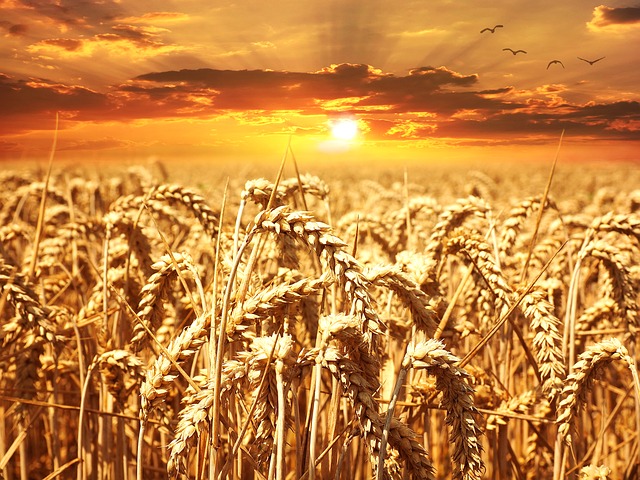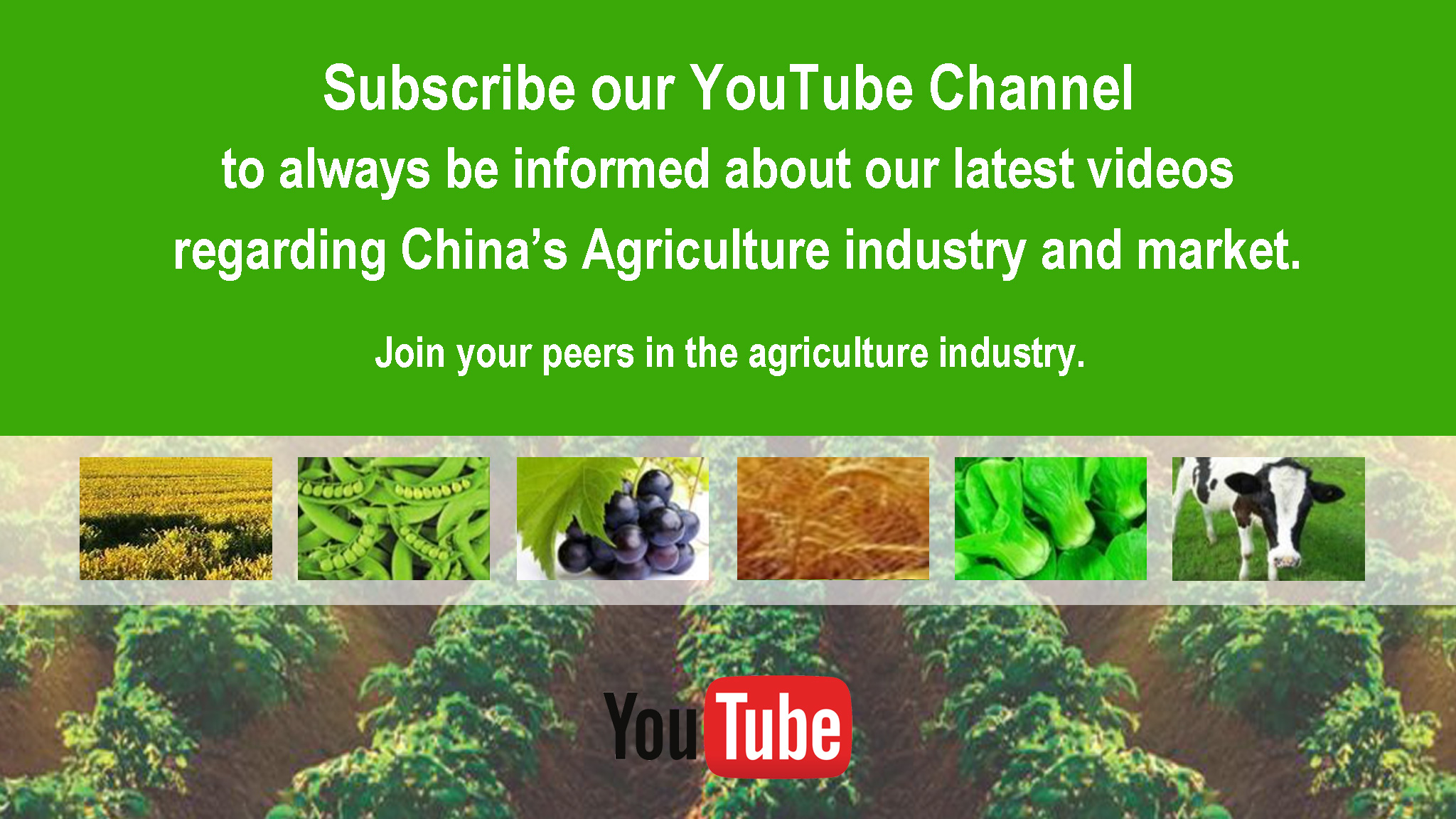In
February 2017, the Ministry of Agriculture of the People's Republic of China
revealed the Highlights for Crop Farming Industry 2017. Market intelligence
firm CCM has analysed the issue and pointed out the most important developments
in China's farming industry in this year, which also will have an effect on the
agrochemicals industry, as pesticides consumption is inevitably connected to
the trend of crop farming.

Source: Pixabay
The
main points of the new Highlights for Crop Farming Industry 2017 issue by the
Ministry of Agriculture of the People's Republic of China can be summed up in a
planting structure optimisation plan of the Government, a focus on more
water-saving agricultural methods, and the effort to concentrate on more
quality in agriculture products in China. CCM has briefed the main points and
explains the effect on the farming industry in China for 2017.
Optimisation of the
planting structure
Following
the trend of 2016, China's government plans to continue reducing the planting
area of corn to lower the massive corn storage and over-supply, that is leaving
its mark on the corn market in China. The focus is set on the areas, that are
not really suitable for corn production anyway, like the cold regions in
northern China or the desert regions in the south-west. Affected farmers will
be encouraged to switch their planting from corn to soybeans, potatoes, or
alfalfa, which are meeting more domestic demand.
Another
area of effect is the effort on regional and special crop planting. Special
crops, like cereals, melons, tea, flowers, and traditional Chinese medicine
herbs, are supposed to increase the quality of the products and ensure high
competitive advantages in regional markets. The local governments will offer
financial support to the farmers and establish designated areas for planting.
What's
more, the development of potatoes, including the research for more and advanced
potato varieties, will be supported by the government. Also, optimisation of
production techniques as well as the commercialization is going to be in the
centre of interest in 2017, to enrich the product structure and improve overall
quality.

Agriculture that saves
water
The
Chinese government is planning to focus the future of the agriculture sector
into a water-saving one. Hence, drought-tolerant crops will be increasingly
planted in arid regions. Underground water-irrigated rice will be more
controlled in the northeast of China, according to the plan of stop growing
rice in three years.
The
government will provide subsidies for implementing more dry farming techniques,
including plastic mulch, drip irrigation, and chemical agents. The goal is to
increase drought resistance on a broad scale. Finally, water conservation will
be enhanced, by using water-saving irrigation and optimising water supply
facilities. Some water-saving demonstration zones are ought to show the farmers
the effect and benefits, to promote this kind of planting for the future.
Enhanced quality of
agricultural products
For
the next years, China is going to focus on the enhanced quality of grains,
oils, cotton, sugar crops, fruits, vegetables and tea. Therefore, the planting
area for cotton will be expanded and sugar beet planting is going to be
developed, especially in northern areas of China. This includes better
infrastructure and the Implementation of agricultural protection zones.
Finally,
planting bases for enhanced fruit, tea, and vegetable varieties are going to be
established to ensure better quality.
About CCM
CCM is
the leading market intelligence provider for China's agriculture, chemicals,
food & ingredients and life science markets.
Do
you want to find out more about the agriculture market in China? Try
our Newsletters and Industrial Reports or join our professional online
platform today and get insights in Reports, Newsletter, and Market Data at
one place.
For
more trade information of crops, including Import and Export analysis as well
as Manufacturer to Buyer Tracking, contact our experts in trade analysis to
get your answers today.
Looking
for a convenient way to get comprehensive and actual information as well as a
platform to discuss with peers about the latest agriculture industry
and market trends? Simply subscribe to our YouTube Channel and join
our groups on LinkedIn and Facebook.